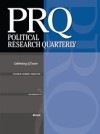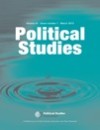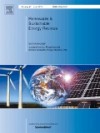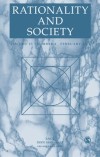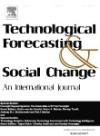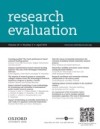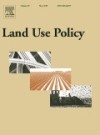Cruz-Castro L. & Sanz-Menéndez L. (2015) Policy Change and Differentiated Integration: Implementing Spanish Higher Education Reforms. Journal of Contemporary European Research 11(1): 103-123
Abstract. Over the last two decades, the Spanish higher education and research sector has undergone profound changes, but little is known about the implementation of recent reforms and how university actors responded to policy change and institutional pressures within a changing resource environment. Drawing on the insights from institutional and resource-dependence theory, we show how Spanish public universities have coped and implemented their human resources policy over the past 15 years and whether individual universities converged in their employment behaviour.



